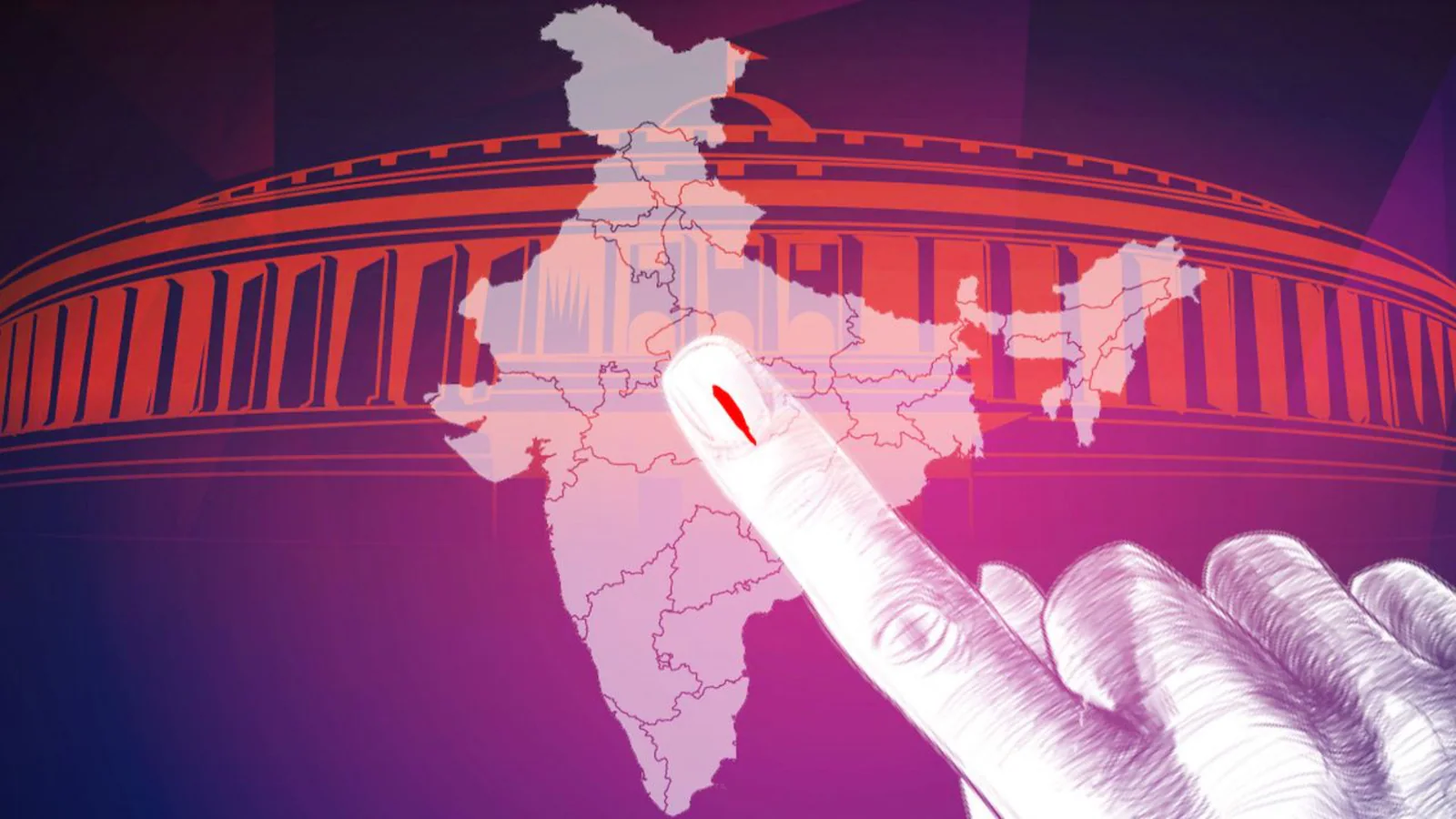While India is an exciting democracy with over half a billion voters in the country, let us take a closer look at one of the most subtle yet crucial features of the voting process: the indelible ink. This thoroughly planned and developed solution has indeed shaped the course of the nation’s electoral process providing a strong signal against electoral frauds and representing an indelible proof of the change that each voter intends. The origins of the indelible ink can be traced back to the nascent days of independent India’s first general elections in 1951-52. The Election Commission of India (ECI) realized the importance of protection of the largest and most popular democracy in the world and thus sought the help of the Council of Scientific & Industrial Research (CSIR) to provide it with a special ink that could be used in voting such that it could not be washed off with water or easily rubbed off. The following vision alignment led to the creation of a solution that would solidify the belief in free and fair elections.
The indelible ink used is a standard water-soluble formulation one of the main components of this ink is silver nitrate. This insoluble, odorless solid turns a vivid shade of blue when subjected to ultra-violet light and is therefore used as an indelible ink, making a conspicuous mark on the finger of the voter. The requisite proportion of silver nitrate is mixed in a way that achieves the optimal mean between quality and durability, and which, when applied to the polling mark, results in a highly lasting and luminous brand that discourages fake voting. The ink, in an attempt to make its function more effective, includes a solvent such as alcohol which speeds up the drying process and also makes the mark more or less permanent depending on the kind of surface on which the mark was made. The preparation is complicated and emulates a recipe – the chemical composition of the ink however has a guarded procedure, much like the formula – to keep it free from tampering or misuse.
The use of indelible ink is provided in the Representation of the People Act (RoPA), 1951 which is a critical legal framework of the electoral process in the country. Section 61 of the Act however authorizes ECI to make rules for using indelible ink to mark the thumb or any other finger of every elector who applies for ballot paper or papers for the purpose of voting at a polling station before delivering such paper or papers to him. This legal provision underscores the ink’s pivotal role in preventing multiple voting and ensuring the credibility of the electoral process. It has been noted that the use of indelible ink has changed over the years to ensure that it is more visible to voters and effective. The mark was made primarily on the base of the forefinger during the first general elections. In 1962 at the third general elections, the mark was carefully moved to just above the root of the nail on the skin where it is more visible and less susceptible to fading or accidental removal.
Since 1962, Mysore Paints & Varnish Ltd., a Karnataka Government Undertaking, has been entrusted with the sole responsibility of manufacturing the indelible ink in India. The ink is produced in small 10ml vials, with an estimated 26.5 lakh vials required for the 2024 Lok Sabha elections alone, a testament to the scale and complexity of the logistical operation. The distribution of the indelible ink is a highly organized and well-coordinated exercise carried out by the ECI to ensure that this crucial resource reaches every polling station in the country without fail, including the most remote and inaccessible areas. This enormous step is proof of the Indian electoral system’s dedication to promoting democracy and eliminating dishonest, manipulative tactics.
The use of indelible ink has not been limited to India only as it has gained global appreciation and recognition. Its success in enhancing electoral credibility has made it to be exported to over 25 countries globally including Canada, Ghana, Nigeria, Mongolia, Malaysia, Nepal, South Africa, Maldives, and so on. Even though the application procedures may differ from one country to another, the ink has helped in the suppression of fraudulent practices in voting and therefore free and fair elections, hence the enhancement of the democratic process across the globe.
The effects of indelible ink on the environment such as during the production process as well as its disposal are still under investigation. Even though the ink is water soluble and biodegradable, there are still environmental concerns over the process of producing the ink and disposing of the used vials. Initiatives towards making the ink sustainable during its production, distribution, and final disposal are being made so that this essential commodity of democracy is made available without causing any harm to the environment.
The use of indelible ink is clear evidence that India is not ready to compromise the fundamental principle of democracy and the electoral process. Used for over seventy years, it became a symbol of the nation’s and its people’s commitment to fairness and free elections. As India sets an example for the rest of the world in the process of democracy, the indelible ink has vested itself as an embodiment of the imprint that every citizen casts towards the future of the country. Through continuous innovation, technological advancements, and a steadfast commitment to upholding the highest standards of electoral integrity, the indelible ink will undoubtedly continue to play a vital role in preserving the integrity of elections, cementing India’s status as a bastion of electoral democracy for generations to come.







